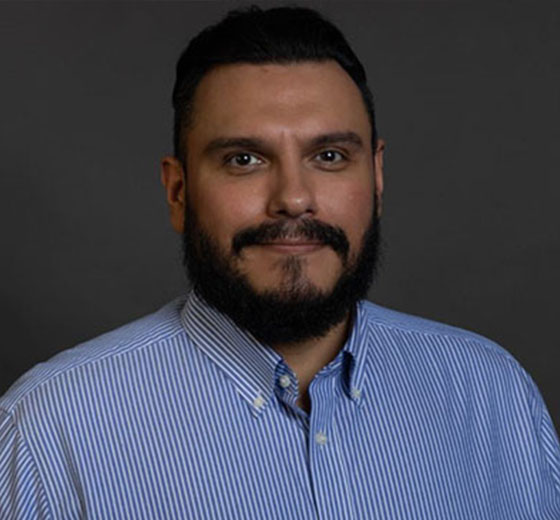Welcome to the Department of Philosophy and Classics, the home of UTSA's programs devoted to philosophy, humanities and the study of the ancient world.
As a discipline, Philosophy has developed into an institution whose field of inquiry consists not only of the traditional four areas -- metaphysics, epistemology, moral philosophy/ethics, and social-political philosophy -- but also a wide range of other areas including history of philosophy, logic, philosophy of science (or cognitive science), aesthetics, and likewise.
Classics is the study of ancient Greek and Roman civilization in all its aspects -- language, literature, art, archaeology, history and culture -- from pre-historical times to the rise of Christianity. It also encompasses the exploration of how this tradition has been received by modern Western and other societies, as well as its continuing influence on contemporary culture. Multidisciplinary by nature, Classics embraces perspectives and approaches from art history, anthropology, linguistics, philosophy and literary studies in order to better understand the ancient world and our inheritance from it.
Student Success in Philosophy and Classics
The students and alumni of the UTSA Department of Philosophy and Classics achieve remarkable things both during their time in the program and after graduation. Each student contributes uniquely to our department, leaving an indelible mark on our community. Our pride in these extraordinary individuals extends far beyond their tenure with us!

Matthew, Business Systems Analyst for Lower Colorado River Authority
I currently work for the Lower Colorado River Authority based in Austin as a Business Systems Analyst.COLFA definitely prepared me for my career as a Business Analyst in a lot of ways.COLFA provided me with a test bed for getting in to the minds of people who lived entirely different lives from my own; namely ancient Romans. This ability to pick apart their lives, search for their motivations, and understand their world lends itself so well to a life as a business analyst. As a business analyst I work daily with people I have to get into the mind of to understand them, their work, and the processes they use so that I might be able to help them as best as I can.
Without some of the skills I learned at COLFA I don't believe would be nearly as successful as I have been as a Business Analyst. If I can learn to understand individuals who lived thousands of years ago individuals from the present don't present too much of a challenge.

Rachel, JD student at St. Mary’s School of Law
Have an inquiry about our program?
We appreciate your interest in the Department of Philosophy and Classics and extend our warmest welcome to you.


